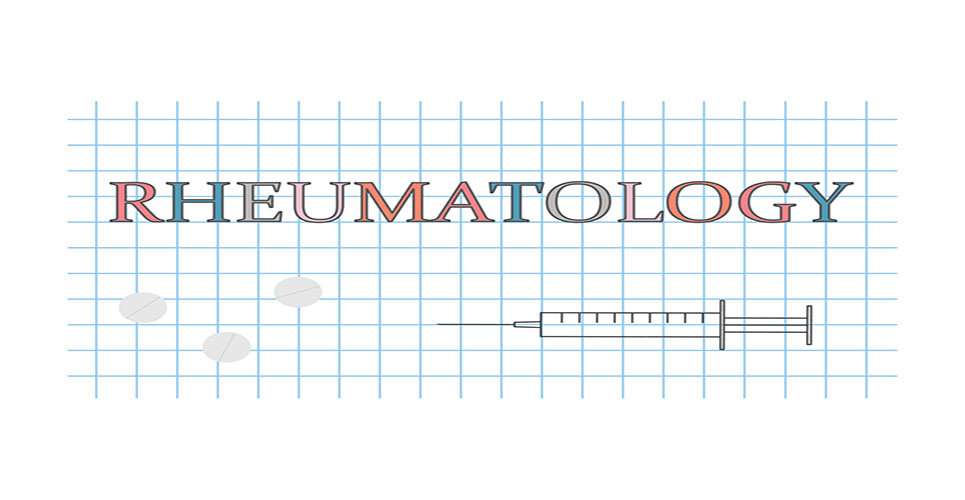teaser
UCB has announced the results of two phase III studies, showing that Cimzia (certolizumab pegol) – the only PEGylated anti-TNFalpha (Tumour Necrosis Factor alpha) – provided significant clinical benefits as monotherapy, and in combination with methotrexate, in adults with active rheumatoid arthritis (RA). The results have been published in the Annals of the Rheumatic Diseases Online.
The six month FAST 4WARD study met primary and secondary endpoints, showing 400 mg certolizumab pegol, when given every four weeks as subcutaneous monotherapy, can significantly reduced signs, symptoms and pain associated with RA, and improved physical function, compared to patients treated with placebo.
Professor Roy Fleischmann, University of Texas Southwestern Medical Centre, USA, commented on the findings: “The positive outcomes of the FAST 4WARD study are exciting and demonstrate the potential for certolizumabpegol as a future therapy dosed every four weeks for patients with rheumatoid arthritis. While the RAPID studies have shown the benefits of certolizumab pegol as combination therapy, this is the first phase III trial to show a clinical benefit as monotherapy which becomes important when patients must discontinue treatment due to tolerability issues with conventional treatments, or have contraindications.”
In the study, serious adverse events (SAEs) occurred in 2.8% and 7.2% of patients in the placebo and the certolizumab pegol groups, respectively. Reported SAEs included infections and benign tumours. The majority of AEs reported in both treatment groups were mild to moderate. The most commonly occurring AEs were headache, nasopharyngitis, and upper respiratory tract infections, diarrhea and sinusitis.
A second six month study called RAPID 2, published this week, showed treatment with certolizumab pegol, together with methotrexate (MTX), significantly improved the clinical signs and symptoms of RA, inhibited progression of disease, and improved physical function in adult patients with active disease.
“The RAPID 2 study is important in demonstrating the benefits of certolizumab pegol in reducing the pain and symptoms of rheumatoid arthritis, and in helping to prevent joint damage associated with this debilitating condition in patients with active disease,” said lead author Professor Josef Smolen, Division of Rheumatology, Medical University of Vienna.
“These findings expand data from RAPID 1 and its extension study presented at the 2008 American College of Annual Scientific Meeting which showed the long-term benefits of certolizumab pegol in providing relief of symptoms, improving productivity and quality of life and lessening fatigue,” said Professor Smolen.
In the RAPID 2 study, patients were randomly allocated to receive one of three treatment regimens: certolizumab pegol 400 mg at Weeks 0, 2 and 4, then 200 mg every two weeks; certolizumab pegol 400 mg every 2 weeks; or placebo every 2 weeks, together with MTX.
In RAPID 2, patients treated with Cimzia (200 mg or 400 mg), together with MTX, showed significantly superior ACR20 responses as early as Week 1, compared to patients treated with placebo and MTX, which were sustained throughout the study.

